Autistic students feel they are seen as ‘incapable’
Ame Castillo poses for a photo on campus. Castillo said she feels isolated from her peers at times because she finds social situations overwhelming. Photo by Victoria Ivie.
“People tend to assume that I’m incapable of doing things for myself. I’ll tell people that I can struggle with some things but then they take that as ‘I struggle with everything,’ and they will not allow me to do things, to speak for myself, to work for myself. It’s extremely tiring.”
That is what Melanie Guzman, an autistic Cal State LA student, said she experiences frequently.
“We don’t need 100% supervision,” Guzman, a psychology major, said. “We can do things for ourselves, it just may take a little bit more time.”
April is Autism Acceptance and Awareness Month and students interviewed spent the month educating others about autism, as well as being in community with other autistic people.
Guzman and others interviewed said they don’t want to be seen as incapable just because they have autism.
“I found out when I tell people that I am autistic, I notice that they talk down on you a little bit when trying to explain concepts that are supposedly considered hard,” Guzman said. “But I can still understand them. I think people think of an autistic student and they think of someone who’s not capable or they think that’s someone who shouldn’t be in college. On the other side, people might think you’re some sort of genius. I’m not a super genius, but I’m also capable.”
Guzman had the opportunity to go into a USC classroom through Zoom last month, to talk about her experience as an autistic student with a few other panel members.
“I thought it was interesting because I saw students typing my responses,” she said. She said it was weird to see people taking notes on what she said.
Guzman also participated in some events put on by Cal State LA’s Neurodivergent Collective, a club that is “aiming to create safe spaces, outlets and support groups with and for our fellow neurodivergent students,” according to their instagram bio.
The Neurodivergent Collective held events throughout April, such as a panel about diagnosis, coping skills, and an event focused on connections between autism and trauma.
One of the last events was a book club about “Sincerely, Your Autistic Child,” on April 28.
Guzman hopes to see continued visibility for autistic and disabled students at Cal State LA.
“I wish I could see more representation when it comes to autism and disabilities,” she said. “I feel like that’s an important identity for some of us students at Cal State LA. I feel thankful to have a supportive environment, especially on campus. I have accommodations from OSD services, so I get extra time on my exams and a quiet space to avoid distractions.”
Other students, like Ame Castillo, said that they can’t access OSD accommodations, since she hasn’t been formally diagnosed. Some of these accommodations include more time on tests, a quiet space to take the test and longer deadlines for assignments.
“I was not diagnosed as a child, and I sort of had to figure out what works for me and what doesn’t work for me and try to figure out ways to deal with working in school and at an actual job,” Castillo said. “I’m trying to navigate everything in a way that works for me. It’s also pretty difficult considering that the world as a whole and school is built in a system that doesn’t usually work for autistic individuals.”
Castillo said she is self-diagnosed autistic, something Castillo said she spent two years researching before allowing herself to be labeled as autistic.
“Self-diagnosing autism is controversial; some, with a formal diagnosis, in the autism community feel it’s a slippery slope to misdiagnosis, dilution of resources, and silencing of ‘true’ autistic voices,” according to an Autism Parenting Magazine’s article.
Others view self-diagnoses as valid.
“The formal diagnostic process is highly flawed and biased, and access is neither equitable nor equal,” said Founder of Neurodiversity MB Jillian Enright, in a Medium post. “The DSM-V criteria for autism was written with little white boys in mind, and nearly all autism-related research is still being done by neurotypical researchers, and is still focused on little white boys.”
Boys are four times more likely to be diagnosed with autism than girls, according to Autism Speaks, a nonprofit focused on autism experiences and fundraising.
“[Autism Spectrum Disorder] prevalence among Asian, Black and [Latinx] children was at least 30% higher in 2020 than 2018…These shifts may reflect improved screening, awareness, and access to services among historically underserved groups,” according to a 2023 Centers for Disease Control and Prevention press release. “A higher percentage of Black children with autism were identified with intellectual disability compared with white, [Latinx], or Asian or Pacific Islander children with autism. These differences could relate in part to access to services that diagnose and support children with autism.”
Castillo, an English major, said she finds daily life without the aid of accommodations “extremely overwhelming.”
“Sensory wise, the first interaction that I’m used to having with people is noise,” she said. “Interacting with a lot of people, talking a lot, with a lot of noises around you, that can be extremely overwhelming for people like myself. A lot of people don’t work the way that I do, so I end up isolated away from my peers.”
Castillo said that many autistic girls and women are “overseen” and stereotypes of autistic people are often of nonverbal autistic boys.
“It is different for everyone, especially girls,” she said. “There’s still a lot of stigma surrounding the label and a lot of misinformation. I wish that people would take the time to actually look into it themselves, instead of simply listening to what they think autism is and what is the most convenient for them.”
Castillo also said she wished Cal State LA would do a better job of informing the campus about the autistic experience, especially in a diverse and intersectional way.
“There’s a lot of intersectionality that comes with autism, because the campus is Latino [majority] and there’s a lot of stigma in cultural values surrounding any kind of disability like this,” she said. “The intersectionality between mental illnesses, gender, sexuality and race, there’s a lot of things within those that can alter the way that people see us or the way that we see ourselves. It also affects the way that we had to disguise ourselves to be in those communities.”
A spokesperson for Cal State LA said that events on campus, such as sensory art activities, documentary screenings and a book club event were open to the campus and one of the ways more information about autism is available to the campus community.
“Events like these are a great way to get informed on topics related to supporting autistic students and increase awareness and acceptance,” the statement said. “The Office for Students with Disabilities works to provide an equitable learning environment for students with disabilities. Students with concerns or seeking accommodations should contact OSD.”
Other issues autistic students interviewed said they struggled with are decisions of disclosing their autism.
Calvin Canfield, a graduate student majoring in philosophy, said this is something he’s struggled with. Canfield uses he and they pronouns.
“Since I’m a grad student, I worry about being vocal about being autistic, but I do feel like it’s much more important to be yourself and be honest,” they said. “There’s a specific stereotype of an autistic person, an idea of a person who has very little interest in socializing, very little empathy. Autistic people are basically reduced down to a robot. We have community and relationships just like everyone else.”
Guzman said she worries about the same thing, in life after college.
“On one hand, I want to hide my status because I don’t want to get discriminated against,” Guzman said. “But also, I feel bad hiding who I actually am and I don’t want to continue the stigma of hiding your disability, but I can understand why some people may choose to.”
All three students said that the Neurodivergent Collective events throughout the month have been great chances to hear from other autistic people.
If you would like to join the club, students, faculty and staff can reach out to the club’s instagram, @neurodivergentcollective_csula.
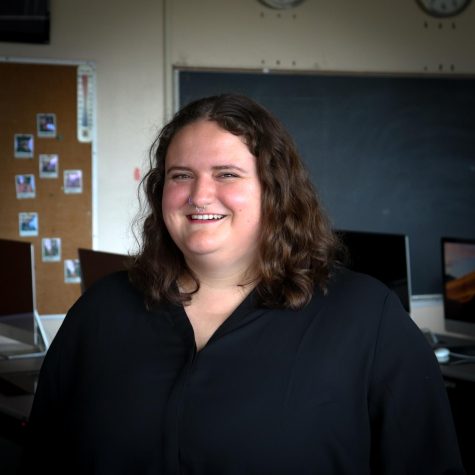
Victoria Ivie (she/they) is a fourth-year journalism major. She is the Editor-in-Chief of the University Times and writes with a focus of undercovered...

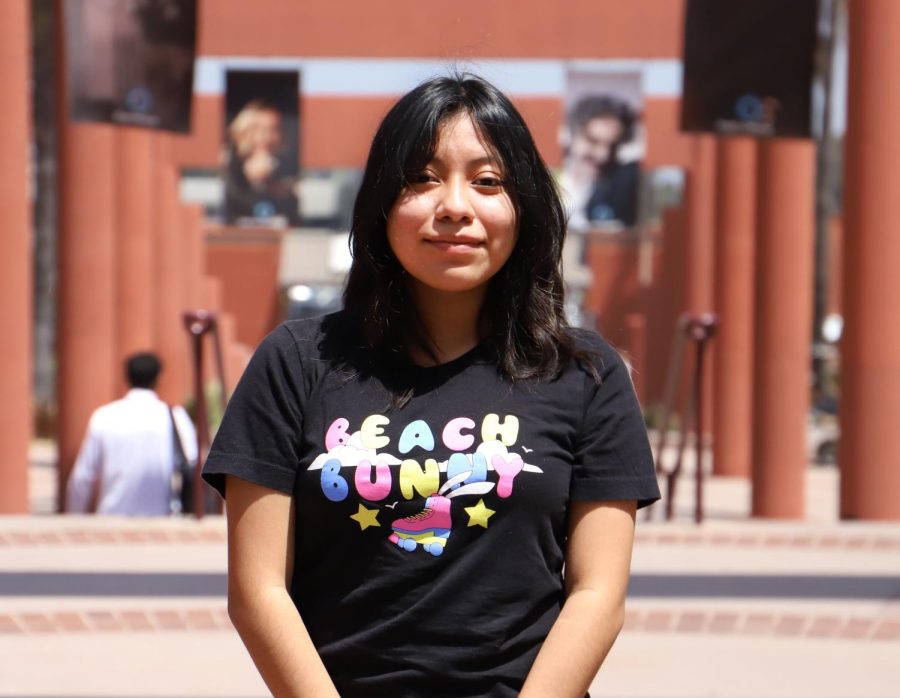
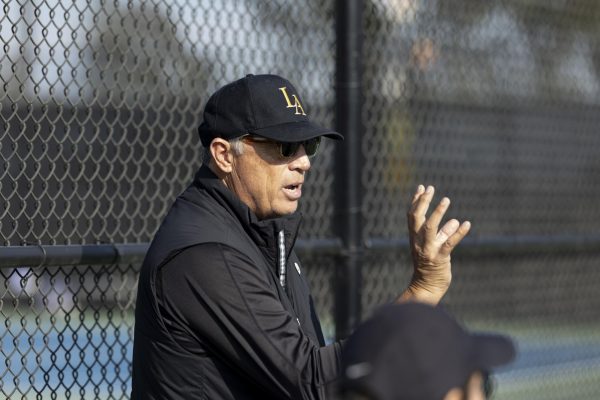
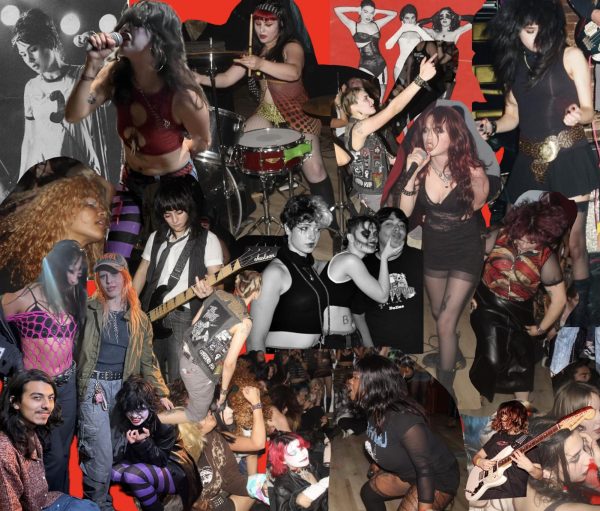
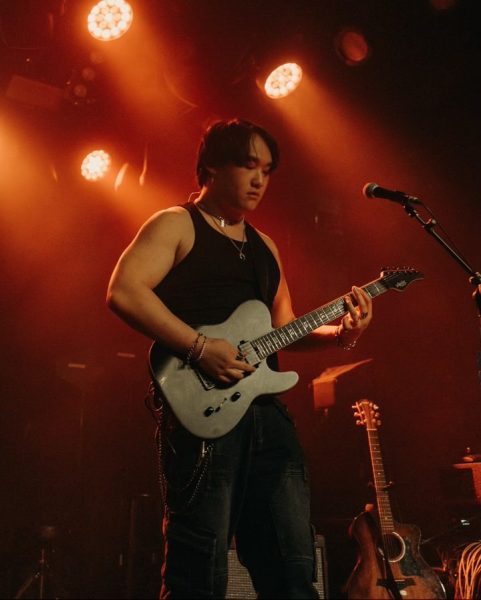
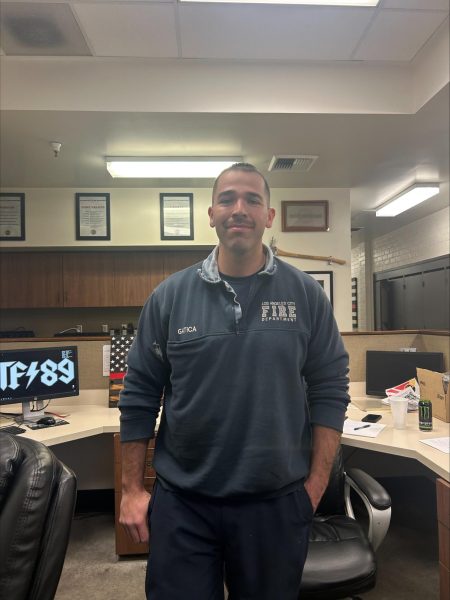
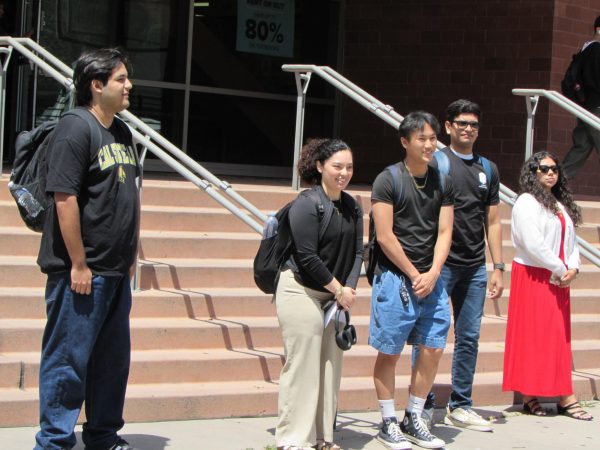
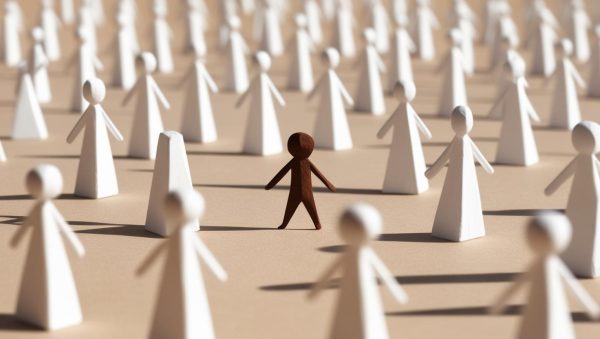
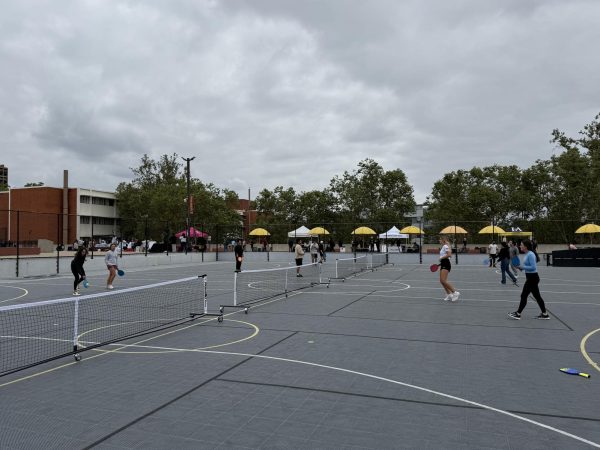
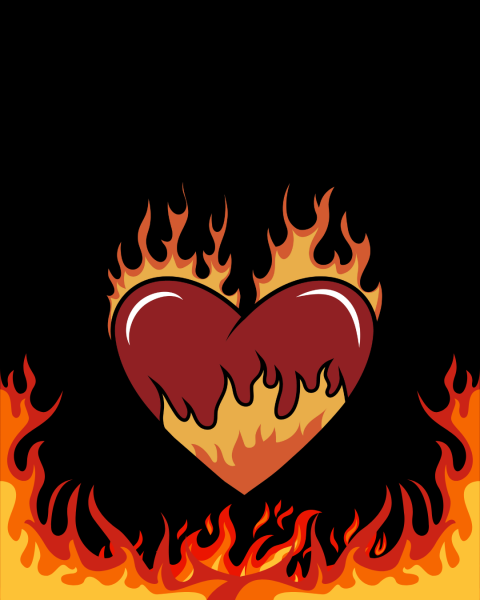

Ulysses • May 4, 2023 at 2:30 pm
Exellent!